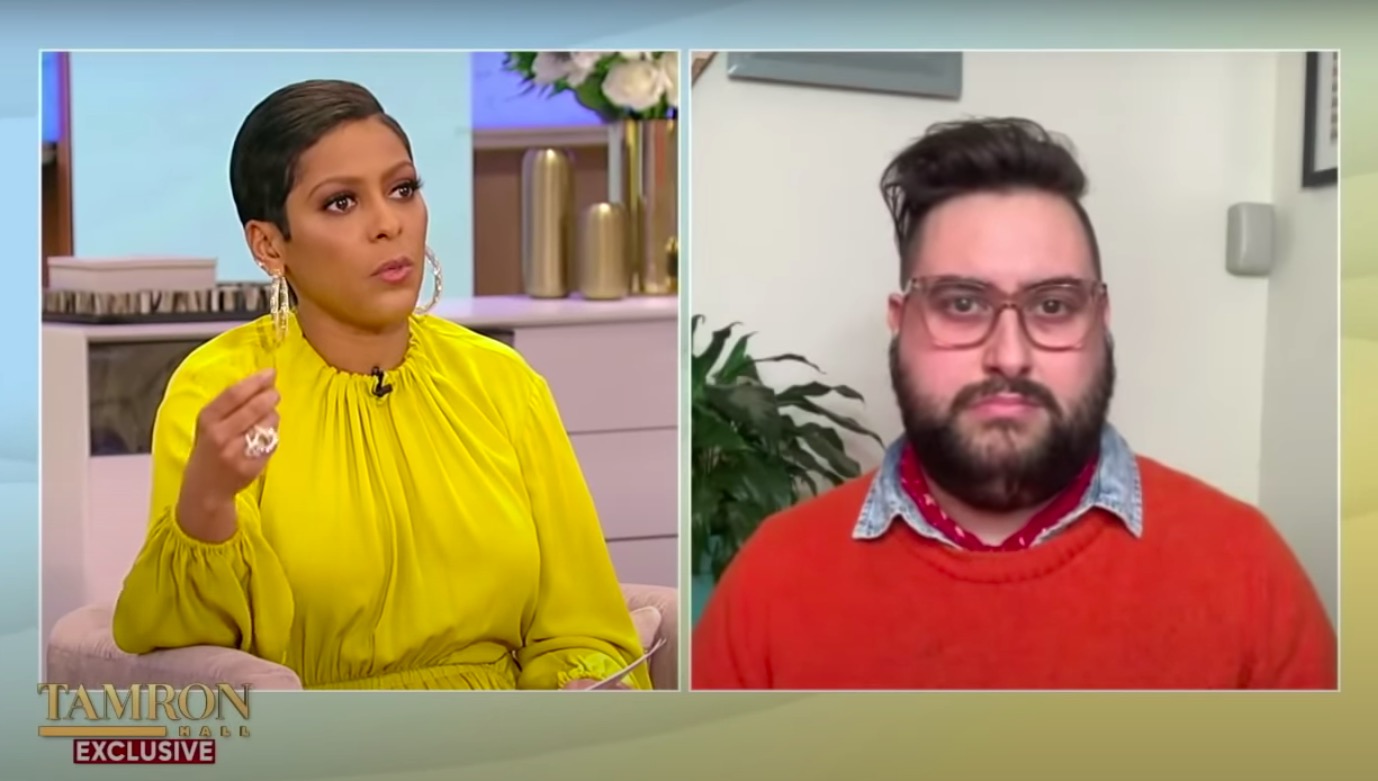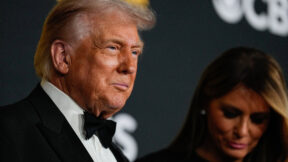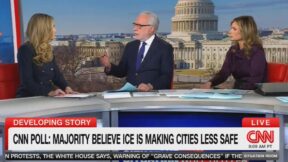Journos Have Forever Interviewed Morally Deranged Subjects. Social Media Mobs Have Made That Practice Suddenly Taboo.

Do journalists have a role to play in investigating and sometimes asking questions of morally deranged characters?
That question is at the heart of a controversy this month over Tamron Hall’s Feb. 16 interview with a self-confessed sexual predator, Joey Gugliemelli, who rose to fame as drag queen Sherry Pie on reality TV show RuPaul’s Drag Race. To date, 12 people have accused Gugliemelli of posing as a casting director and demanding that they provide him with pornographic “audition” tapes to appear in a fake TV show and play.
It’s fair to point out that whatever one thinks of the debate, the kilowatts dedicated to running cameras for Gugliemelli’s interview might have been better spent in Texas, where residents have died of exposure this week in the midst of a historic power outage.
But was it inappropriate to provide Gugliemelli with a platform because of his actions? With many expressing their disapproval of the interview on social media, Hall felt a need to defend herself.
“I’ve been a reporter for 30 years,” Hall said on her program. “It’s not giving away your platform, it’s called an interview. And people who do bad things are interviewed.”
Citing examples of other objectionable people who have been interviewed in recent decades, including R. Kelly and O.J. Simpson, Hall added: “We believe in being fair and we don’t give free passes. I don’t give free passes. Sherry Pie agreed to an interview. No conditions. We’ve offered no opportunity to promote a book, a podcast, anything that could be seen as profiting. This interview is what we say every day on this show: Let’s talk about it. And that’s what we’re going to do.”
Gugliemelli, for his part, confessed to his misdeeds. “There are no allegations,” he said. “I admit to my wrongdoings. Beyond wrongdoings, just horrible behavior.”
In one sense, the confession made the interview more substantive than interviews with objectionable characters have traditional been. When Fox News’ Chris Wallace interviewed Russian President Vladimir Putin in 2018, far from extracting an apology, Wallace grilled the former KGB operative on a number of issues, including the emails pilfered from Democrats and released during the 2016 election. (“Any false information planted?” Putin coyly said. “No.”) And when the late Iraqi dictator Saddam Hussein spoke to CBS News’ Dan Rather in 2003 in what would become his final interview, he did not apologize for using nerve agents to kill his own people. (Granted, Rather didn’t ask.)
Interviews aren’t the only context in which media organizations face questions about giving people a “platform.” The New York Times faced similar criticism when, in 2020, it published an op-ed from Regina Ip, a member of Hong Kong’s executive council the paper once referred to in a news report as “Beijing’s enforcer.” The op-ed, titled, “Hong Kong is China, like it or not,” argued in favor of a “national security” law that made it easier for China to arrest dissidents in Hong Kong.
Considering the Times spent years taking money from the Communist-backed China Daily to run ads promoting the Chinese regime, it may have been wise for the paper to think twice about its decision to run that particular op-ed. Generally speaking, media critics frown upon financial conflicts of interest of that scale. However, the incident does give credence to the idea that journalistic institutions should be given broad leeway to convey what people are saying, even if it means giving them a “platform.”
Swaminathan Anklesaria Aiyar, a research fellow at the Cato Institute, articulated the case for meeting the enemy of one’s people in a 2014 piece on Daniel Pearl, the journalist beheaded by Taliban terrorists. “Some critics insist that it’s morally disgraceful and seditious to meet a killer of one’s own people,” Aiyar wrote. “Really? Why then did British journalists seek to meet IRA leaders who killed hundreds of Britons?”
“This point is best driven home through the example of Daniel Pearl, an American reporter,” Aiyar noted. “He sought to contact the arch enemy of the U.S., the associates of Al Qaeda. He was trapped, kidnapped, and brutally executed. Did any TV anchor or politician in the U.S. condemn Pearl as a disgrace or traitor for seeking to meet Islamic killers of Americans? On the contrary, they admired Pearl for his initiative and courage in seeking out the enemy. Did any U.S. politicians demand the arrest of Pearl (or any other U.S. reporters) for trying to meet the enemy? No, and they would have condemned such demands as crazy violations of press freedom and journalistic ethics.”
Consider that in contrast to the 2021 standard described by The Daily Beast: “Those who demanded that Gugliemelli be removed from the guest lineup worried that giving him a platform wouldn’t just be irresponsible, but triggering for sexual-abuse survivors.”
America has surely softened since the War on Terror. But the idea that journalism should be about providing laudable figures with a “platform,” and that members of the press should refrain from interviewing mentioning subjects that might be “triggering” — make it appear worse than even the harshest satirists suggest. Interviewing “objectionable people” is a long tradition of American journalism. If a case for changing that tradition exists, Hall’s critics have failed to make it.
This is an opinion piece. The views expressed in this article are those of just the author.





Comments
↓ Scroll down for comments ↓